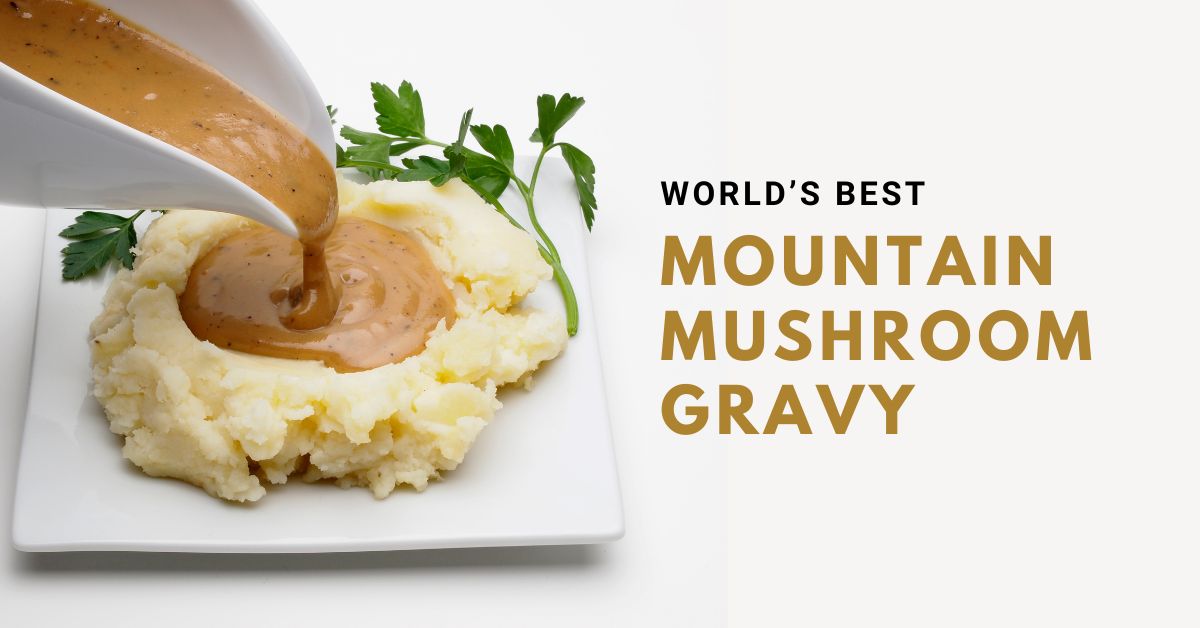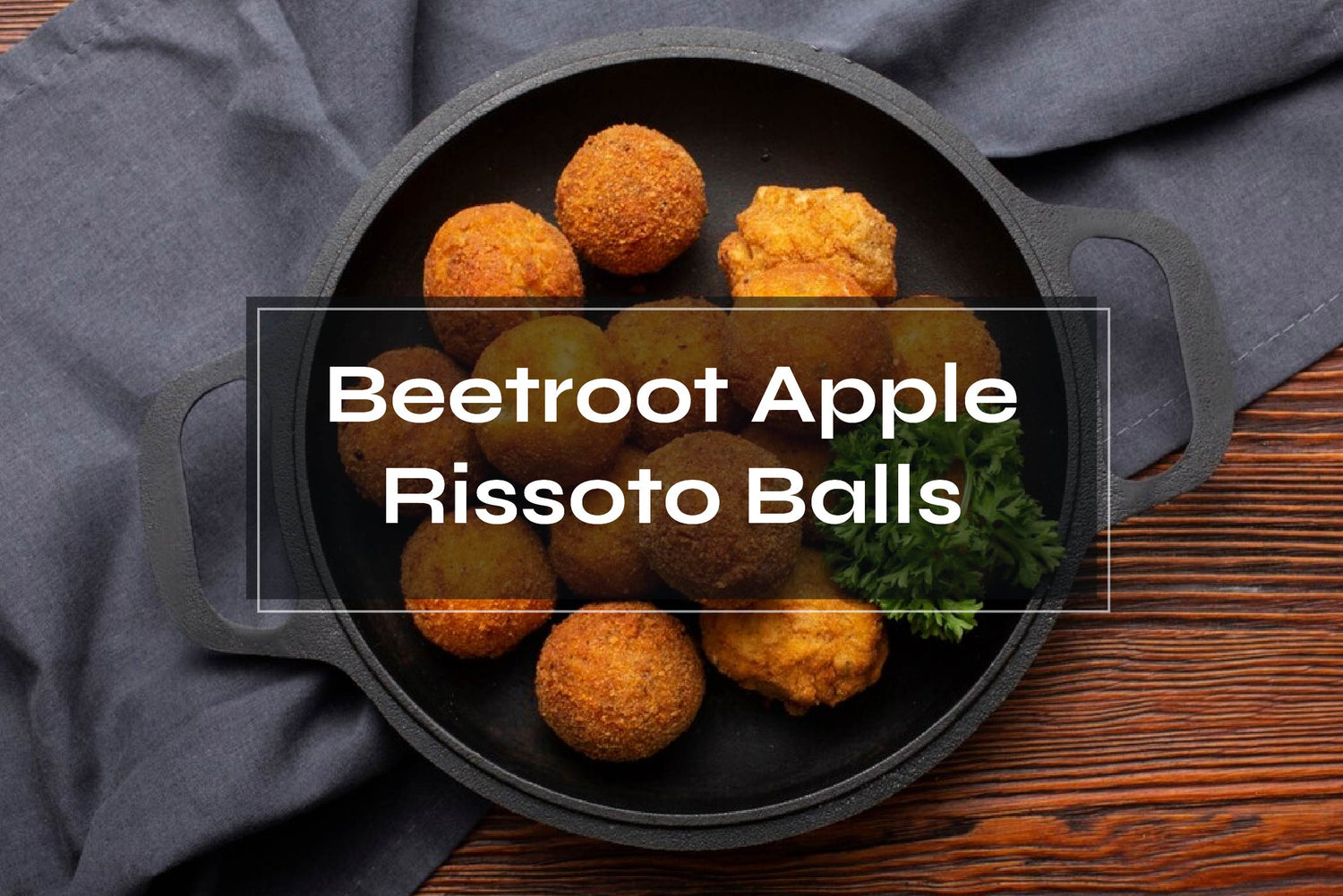
Crafting Wellness Through Mindful Nutrition: A Perspective on Sugar
Article at a Glance
- Understanding why, at 18 Chestnuts, we go the extra mile to keep added sugars at bay in our soups, understanding the intricate dance between flavor, health, and mindful nutrition.
TABLE OF CONTENTS
Greetings, beloved members of the 18 Chestnuts community! As the founder of our Vegan Soup brand, I am honored to share a heartfelt reflection on a subject close to our culinary hearts — the pervasive influence of sugar on our health. Today, let's delve into why, at 18 Chestnuts, we go the extra mile to keep added sugars at bay in our soups, understanding the intricate dance between flavor, health, and mindful nutrition.
The Bittersweet Symphony of Sugar
Sugar, a ubiquitous component of our diets, is both a source of delight and concern. Naturally occurring in foods with carbohydrates, such as fruits, vegetables, and grains, it provides a burst of sweetness alongside essential nutrients. Whole foods, abundant in plant-based fibers, minerals, and antioxidants, contribute to the body's well-being. The slow digestion of sugars in these foods ensures a steady supply of energy to our cells.Scientific evidence underlines the positive impact of a diet rich in fruits, vegetables, and whole grains, showcasing a reduced risk of chronic diseases like diabetes, heart disease, and specific cancers. At 18 Chestnuts, we hold these principles close to our hearts, recognizing the symbiotic relationship between natural sugars and overall health.
The Pitfalls of Added Sugar
Problems arise when the sugar content tips the scale towards excess, primarily in the form of added sugars. These are the sugars that manufacturers introduce into products to enhance flavor or extend shelf life. In the American diet, soft drinks, fruit drinks, flavored yogurts, cereals, cookies, cakes, candies, and most processed foods emerge as top sources of added sugar. The unexpected twist? Added sugar stealthily infiltrates seemingly savory items like soups, bread, and even ketchup.The alarming consequence is a society that collectively consumes an excessive amount of added sugar. According to the National Cancer Institute, adult men ingest an average of 24 teaspoons of added sugar per day, equating to a staggering 384 calories. The repercussions of this overindulgence are far-reaching, contributing to elevated blood pressure, chronic inflammation, and a direct pathway to heart disease.
Furthermore, the deceptive allure of liquid calories in sugary beverages tricks the body into disabling its appetite-control system, leading to unintended weight gain. This phenomenon highlights the importance of not only what we eat but also what we drink in our quest for a balanced and nourishing diet.
Navigating the Sugar Maze: Defining the Right Amount
Given the adverse effects of excessive sugar intake, a pertinent question arises: What is the right amount? Unlike essential nutrients with clear Recommended Dietary Allowances (RDAs), sugar lacks a formal number set by the Institute of Medicine. However, the American Heart Association offers practical guidelines, suggesting that women limit added sugar intake to no more than 100 calories (approximately 6 teaspoons or 24 grams) per day, while men should cap theirs at 150 calories (around 9 teaspoons or 36 grams).
This daily limit closely resembles the sugar content in a standard 12-ounce can of soda, emphasizing the need for conscious choices in our dietary habits.
Food Labels as Allies in Health: A Practical Approach
At 18 Chestnuts, we believe in the power of informed decisions, and reading food labels becomes a potent weapon in this journey. Identifying added sugars amidst a sea of ingredients can be challenging, but awareness is the first step. Look out for brown sugar, corn sweetener, corn syrup, fruit juice concentrates, high-fructose corn syrup, honey, inverted sugar, malt sugar, molasses, and sugar molecules ending in "ose" (like dextrose, fructose, glucose, lactose, maltose, and sucrose).Total sugar, encompassing both natural and added sugars, is often listed in grams. It's crucial to not only note the grams per serving but also consider the total number of servings. Additionally, be vigilant about the sugar you add to your food and beverages. Approximately half of the added sugar comes from beverages, including seemingly innocent choices like coffee and tea. A study in May 2017 by Public Health found that a significant percentage of coffee and tea drinkers added sugar or sugary flavorings to their drinks, contributing to over 60% of the calories from added sugar.
Beyond Calories: The Multi-Faceted Impact of Sugar
Understanding the consequences of sugar consumption extends beyond calorie counting. Emerging research suggests that sugar contributes to accelerated aging, feeds cancer cells, induces insulin resistance, alters brain chemistry, and poses environmental threats. The detrimental impact on air, soil, water, and wildlife emphasizes the urgent need for a holistic approach to our dietary choices.At 18 Chestnuts, this nuanced understanding of sugar's multifaceted impact propels our commitment to creating soups that not only tantalize your taste buds but also align with a vision of holistic health.
A Call to Action: Savoring Flavor and Nourishing Life
As the owner of 18 Chestnuts I extend a warm invitation to each one of you to embark on this journey towards mindful, health-conscious choices. Together, let us redefine our relationship with sugar, making decisions that not only savor the present but also invest in a future filled with vitality and well-being.Thank you for being an integral part of the 18 Chestnuts community, where health and flavor converge to create an enriching culinary experience. May our collective journey be one of growth, wellness, and the celebration of life through conscious nutrition.




